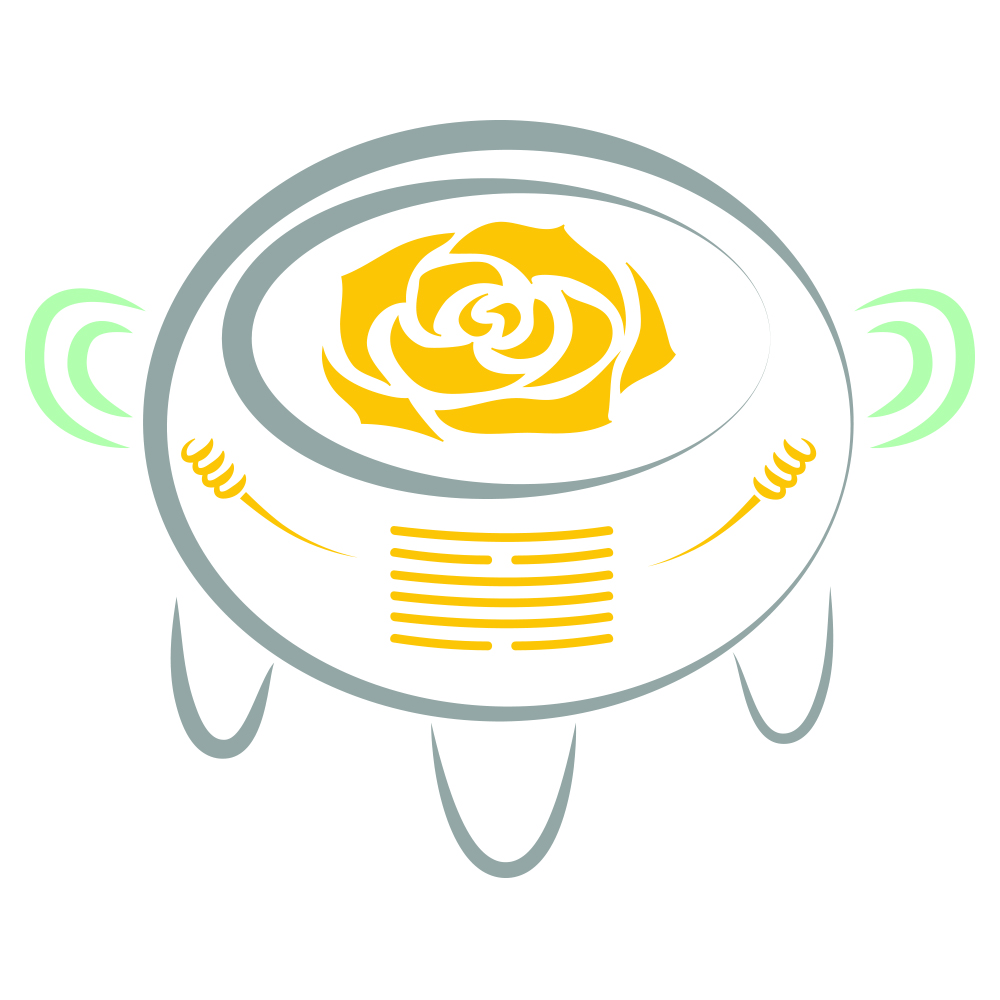…the three noble principles: good in the beginning, good in the middle, good in the end. They can be used in all the activities of our lives. We can begin anything we do--start our day, eat a meal, or walk into a meeting--with the intention to be open, flexible, and kind.
Pema Chödrön, The Places That Scare You: A Guide to Fearlessness in Difficult Times
I don’t know about you, but 2017 has proven to be one of the most challenging years for me. My father passed away in February and that event alone pushed me up against discomfort, sadness, and fear in ways that nothing else has.
Like everyone else, I’ve watched daily as our nation struggles to comprehend and adjust to our new political administration. I’ve read the bios of people who have been murdered in mass killings, seen devastating photos of fires, floods, and earthquakes, and often just can’t believe that something else horrific is happening---again--this year.
I’ve treated people who are experiencing nothing short of shock and trauma from these and other personal experiences--some remembering harassment and assault, some mourning their own lost loved ones.
Throughout the year though, LBCA has held me steady and I know that it has been a source of stability for others. My colleague, Nirva, wrote eloquently of the radical acts that take place in our clinic every single day. Indeed, the wonderful moments we experience with patients are a salve, a balm countering the troubles and fears that exist beyond our concrete walls.
2017 has been a year of uncertainty. No one knew what to expect after the January inauguration and we don’t know what 2018 will bring. These are difficult times to be sure. Chödrön is clear: “we can never avoid uncertainty. This not knowing is part of the adventure, and it's also what makes us afraid” (6). I would like to be less afraid, learn to work with discomfort, and enjoy the adventure of not knowing.
As the year winds down, I am thinking about how to finish it well. In any part of a process, it’s important to be mindful at each stage though we tend to gravitate toward beginnings, ignore middles, and rush through or avoid the endings. How will you finish this year well? Being “open, flexible, and kind,” seems like a good starting place.
